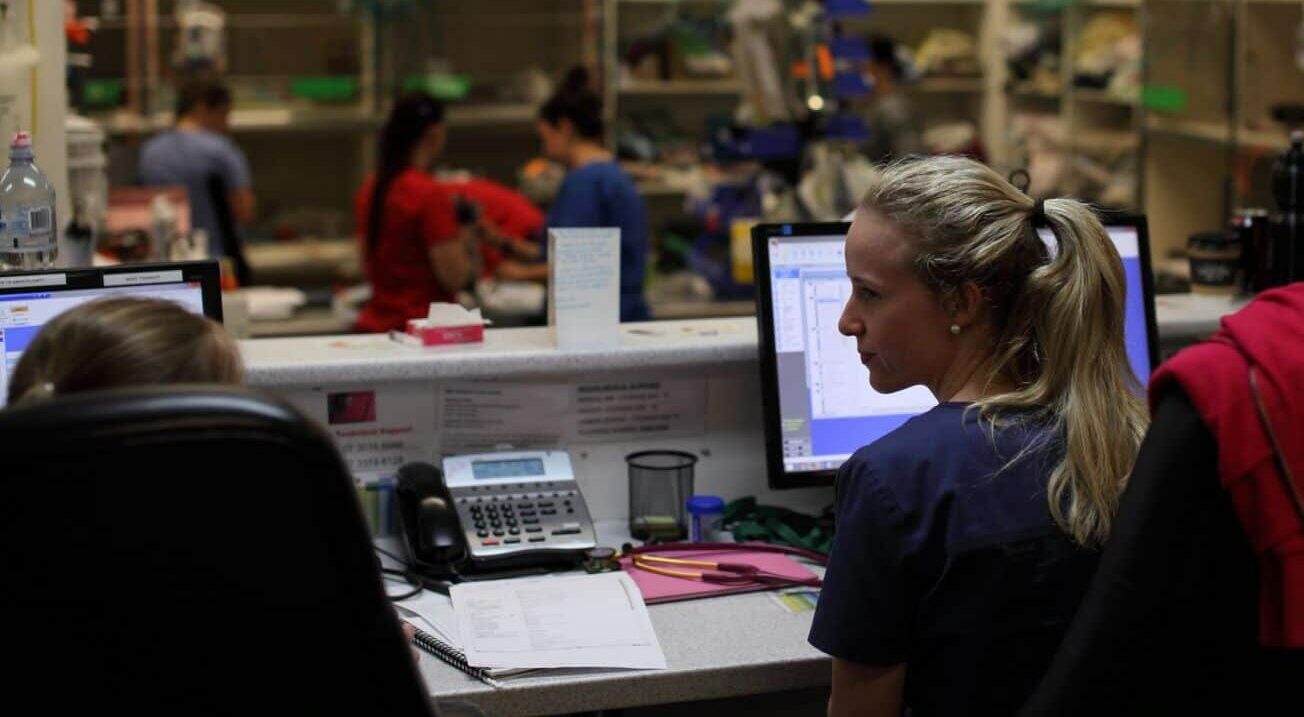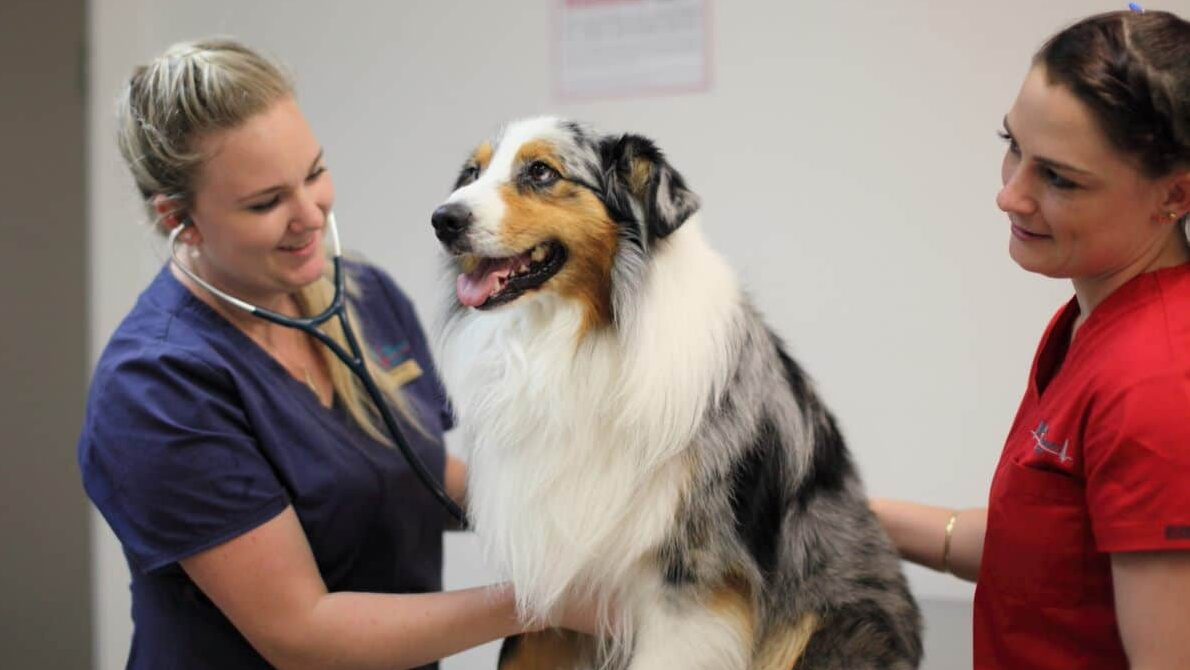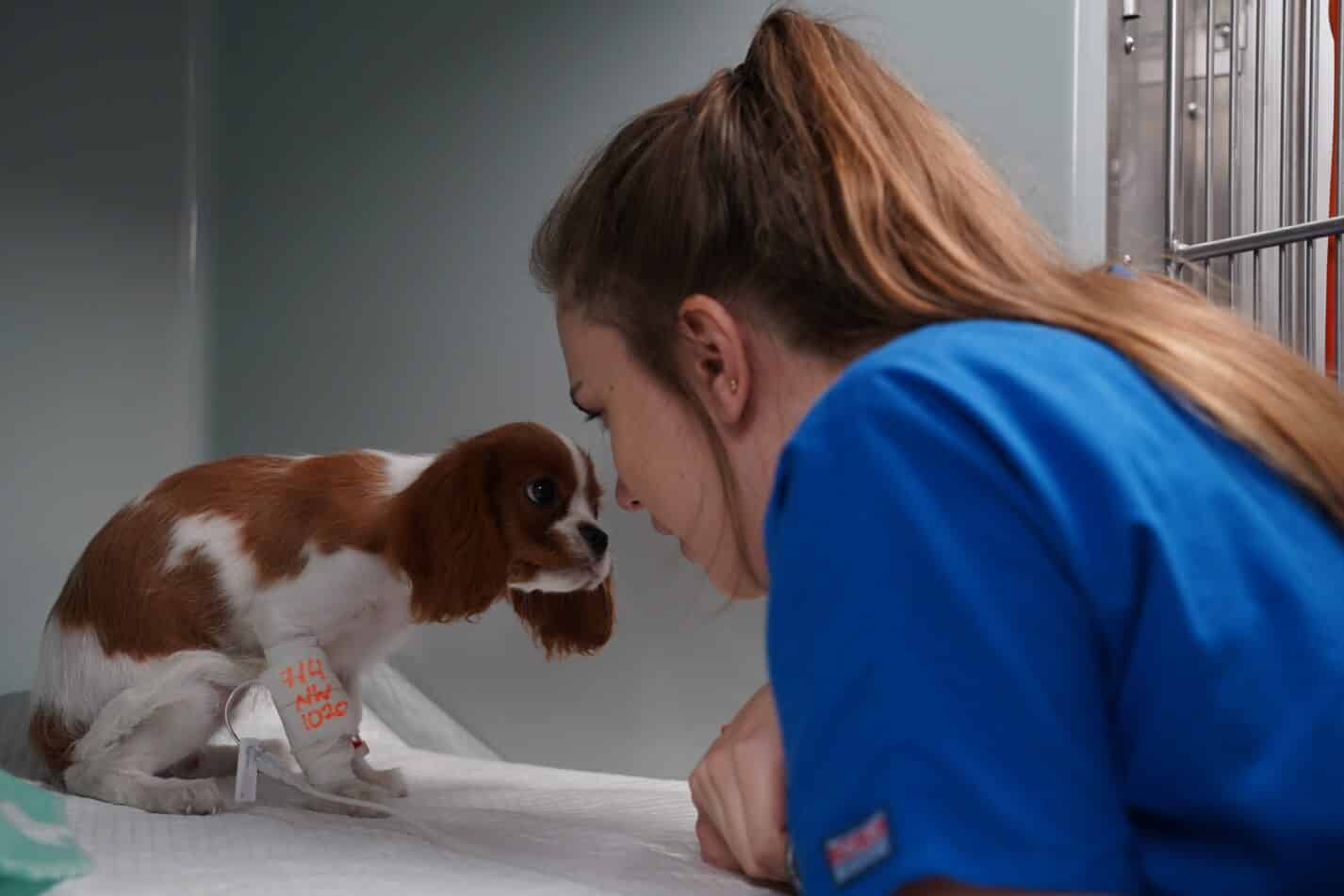In our international veterinarian Q&A, we'll address your questions, provide guidance, and offer insights into veterinary work overseas. The post International Veterinarian Q&A – Everything You Need to Know appeared first on Animal Emergency Australia.
International veterinarians possess a universal passion for animal care that transcends borders and cultures. The desire to make a difference in the lives of animals knows no bounds, and this drive often leads many dedicated professionals to consider pursuing veterinary work overseas. Whether it’s the allure of exotic species, the chance to contribute to wildlife conservation efforts, or the opportunity to provide essential care in underserved communities, the world offers countless opportunities if you’re an international veterinarian looking to broaden your horizons.
However, embarking on a veterinary career in a foreign land and exploring the transition to international veterinary work can be a challenging and daunting endeavour. From navigating regulatory requirements to adapting to new environments and healthcare systems, there are numerous considerations to weigh before making this significant leap.
At Animal Emergency Australia, we understand the aspirations and concerns of international veterinarians seeking to expand their horizons and impact the lives of animals worldwide. In this Q&A session, we aim to address your questions, provide guidance, and offer insights into the world of veterinary work overseas. Whether you’re pondering the possibilities or ready to take the plunge, we’re here to help you embark on this exciting journey.
So, let’s explore the answers to some of the most common questions that may arise as you consider pursuing work abroad as an international veterinarian.
Is there mentorship available for the start of my international veterinary journey? What would that look like with AEA?
Here at AEA, we offer a wide range of mentorship for our new veterinarians. We aim to support our staff and it’s incredibly important to us to ensure that people are not alone and feeling like they don’t know what they’re doing.
For veterinarians moving from overseas, you may not have encountered certain cases like tick paralysis or snake envenomation. We want to ensure all veterinary professionals have a good experience in their transition to emergency. At Animal Emergency Australia, we have a supportive network of clinics that are available around the clock to help, both locally and across the country.
We’re proud to have such a strong team of veterinary professionals, whether that be veterinarians, veterinary nurses, or other client care representatives around the country available to help you day or night in the very best way that we can. We’ve even got an internal medicine specialist who is on call 24 seven available to the team!
What are the kind of cases that you’ll see working in Australian veterinary emergency as an international veterinarian?
In emergency and critical care, you’ll be amazed at the variation in cases that you’ll see in such a short period of time. We’ve been in ECC for decades, but we’re still impressed with the variety of cases! Every single shift you’ll be exposed to interesting cases.
These range from immune-mediated diseases like IMHA and IMTP to common emergencies caused by Paralysis Ticks and Snakes, to a wide range of fascinating foreign bodies. It’s never boring in veterinary emergency!
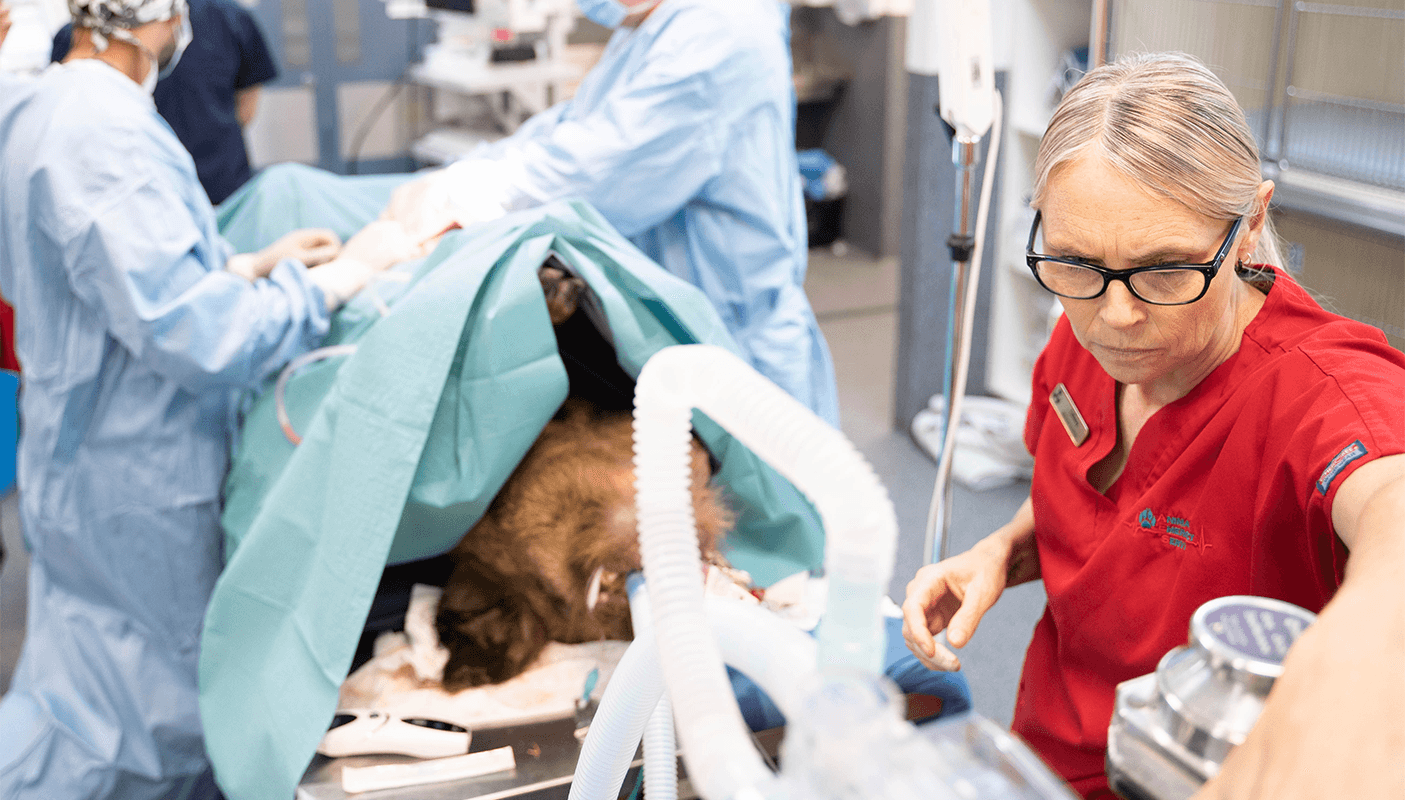
How often do you see intoxication cases in Australian veterinary emergency?
In Australian veterinary emergency practice, we do see intoxication cases from time to time, relatively similar to most other Western countries. Some intoxication cases marijuana, tremorogenic toxicosis from compost and aflatoxins, and coagulopathic patients that have ingested rodenticide. We also see a number of different forms of snail bait intoxication and very occasionally we’ll see an antifreeze case in cooler climates.
Chocolate and grapes are also some of the most common causes of intoxication in Australia, as well as the Cane Toad, a common cause for dogs presenting to emergency hospitals. Cane Toad intoxication is caused by a hallucinogen which causes dose-dependent intoxication as well as tachycardic and bradycardic effects. In Australia, you may need the knowledge to treat many unique intoxications, but we’re really lucky about the support and education that we have in regard to them.
What is the proportion of wildlife that you’ll treat in Australia versus cats and dogs?
Here in Australian veterinary practice, you’re likely to see wildlife on almost every shift, which can be incredibly exciting if you’re an international veterinarian! Many of our clinics can see anywhere between 5 and 15% wildlife depending on the time of shift, time of year, and location of the hospital. For example, the team at Canberra Veterinary Emergency Service work very closely with wildlife in ACT, which means treating gorgeous native species like wombats and kangaroos.
Occasionally we’ll also encounter some other non-wildlife species in our hospitals, such as treating some farm animals including sheep, goats, and even pigs and geese. It’s never a dull shift and there’s always something surprising or unexpected!
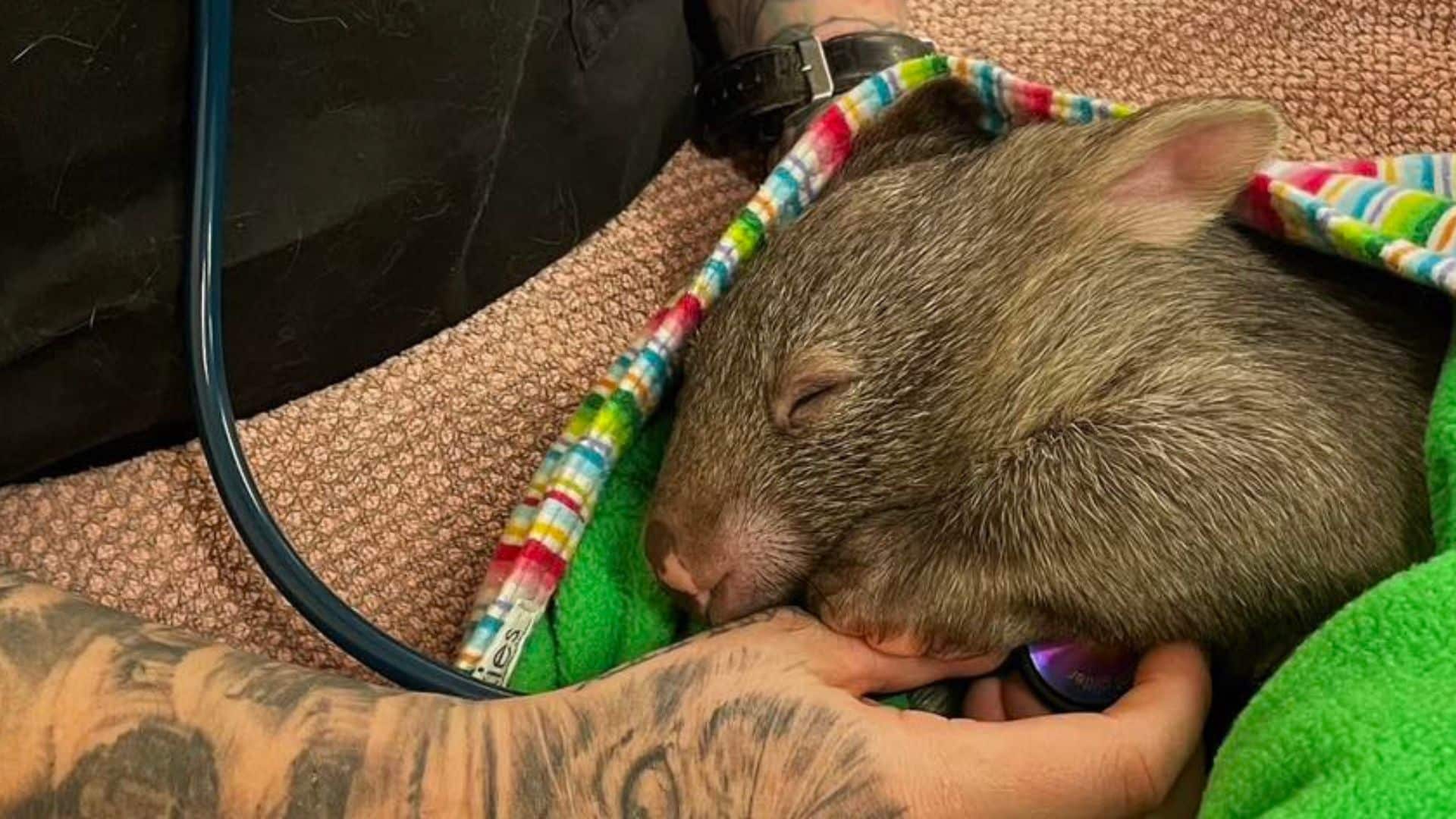
What is the most common emergency you’ll see in Australian veterinary practice?
The caseload in Australian veterinary emergency practice is incredibly varied. However, you’re likely to encounter certain kinds of illness more frequently than others. Our hospitals see a significant number of gastroenteropathies – nauseated patients, vomiting patients, patients with diarrhea. Thanks to our high rates of vaccination in canine and feline patients in Australia, viral causes are minimised, but we still see quite a bit of gastroenteropathy across our hospitals.
Cases in Australia will also depend on the time of year, the climate, and the season. Throughout warmer months of Spring and Summer, both snake envenomation cases and tick paralysis become far more frequent and our hospitals will treat them on a regular basis.
What equipment is available for ECC vets in Australia?
Many of our clinics offer a wide variety of veterinary equipment and technology to assist with emergencies we encounter, including a wide range of diagnostic tools and advanced imaging. For example, one of the most important is our endoscopy systems, which can be an incredibly useful practical tool for retrieving foreign objects where surgery may not be the best course of action.
Endoscopy can be used for a range of situations – such as fishhooks and especially oesophageal foreign bodies such as bones or pebbles, or even objects that have become lodged in the stomach. Many of our veterinarians enjoy endoscopy – even competing as to who gets to use it! It’s so satisfying to be able to treat an animal and not have to go to surgery to retrieve a foreign body.
How can you find veterinary jobs around Australia as an international veterinarian?
At Animal Emergency Australia we have a fantastic recruiting team that is made up of professionals who are here to listen to you, what you need, what your values are and what you want. If your qualifications mean you’re eligible to work in Australia, careers at Animal Emergency Australia will provide the right opportunity for you, that suits you, your family and your needs.
Don’t be afraid to let us know what your skills are and what information you need in order to achieve your veterinary dreams. We highly recommend that you reach out and connect with our AEA team and we’ll be more than happy to help and see if there is somewhere within our corporation that would suit you.
Outside of Animal Emergency Australia, you can also explore veterinary opportunities through a wide range of other platforms, such as Kookaburra or Seek. So be curious, ask questions, and don’t be afraid to let a recruitment team know what you need.
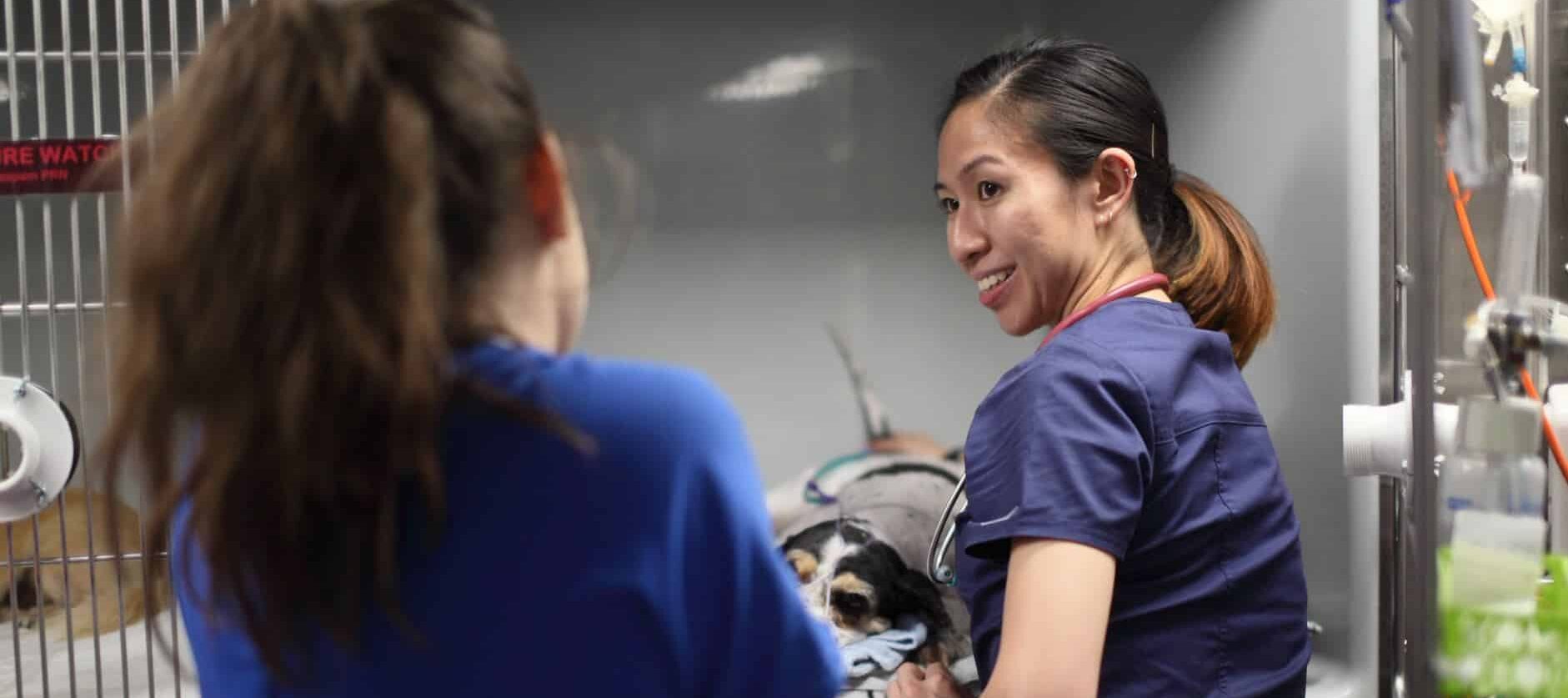
What continuing education options and CPD do you offer for veterinary professionals?
Our team have access to a wide variety of continuing education options provided through Improve Veterinary Education Australia. Our education branch provides a variety of courses that are not just for veterinarians, but nurses and support staff as well.
There are specific ECC courses that we obviously are looking at honing our vets in just because of the industry that we are in, but there’s a plethora of knowledge available for all our staff. So have a look and explore the courses on offer!
In Australia, veterinarians are provided a week’s study leave a year and many are given access to a generous CPD allowance. This means you’ll have time to attend veterinary conferences, workshops, and courses to continuously improve your professional skills and knowledge every single year.
Is working in veterinary emergency conducive to work-life balance as an international veterinarian?
One of the best aspects of ECC veterinary work is the ability to create a proper work-life balance. The way that you’re able to structure shifts means that if you’re returning to work from time off, be that for further education or maternity leave, it’s possible to be flexible around the kind of shifts you’ll be taking.
If you’re someone who enjoys taking time off for surfing and fishing, then it’s possible to complete your entire working week out in three overnights and have four or five days off to yourself. You could have a beach to yourself if you’re lucky enough! We try to share the workload as evenly and fairly as we possibly can and provide a range of options for veterinary professionals to establish a career where they can really get the most out of the things they enjoy outside of work.
What’s it like to move from a rural setting into emergency veterinary work?
Working in rural mixed animal practice is a challenging and satisfying area of veterinary clinical practice, often requiring veterinary professionals to work in even the most remote locations. Making the transition from rural veterinary work into an emergency hospital, you will still encounter many similar clinical patients, but you will have a team around you.
In a bustling veterinary hospital – there are other nurses to lean on, and there are other vets in the hospital, locally, or just a phone call away. You’ll have the equipment and facilities to be able to deal with the situations that you need to deal with. Many countries deal with rural mixed animal practice in a different way, but it’s all the same medicine. You apply it to what’s in front of you.
Moving from a rural setting, many of your practical skills, knowledge, and resources will still be highly applicable to an emergency setting. Although the setting and the location are different, it’s still veterinary medicine. Instead of performing surgery in the field, you’re performing surgery in a purpose-built hospital supported and surrounded by a team of fellow veterinary professionals.
The biggest difference is the support available. You’re still performing incredible adrenaline-running high-energy medicine. But instead of performing visits to properties or surgery by yourself, you’ve got a team around you.
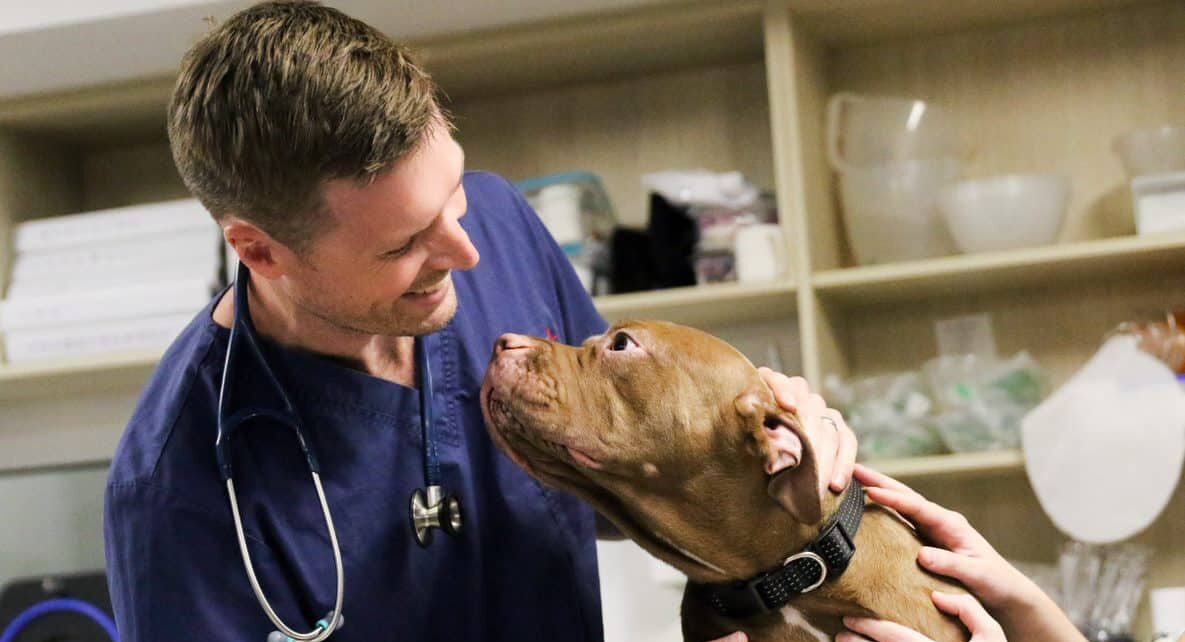
Are there any large animal veterinary opportunities with AEA?
At Animal Emergency Australia, we currently provide veterinary opportunities for roles involving a range of companion animal species, small animals, exotics, and wildlife. But large animal opportunities, production animal and herd health, and equine opportunities are available right across Australia!
For more information on large animal veterinary opportunities if you’re an international veterinarian, be sure to check one of the many veterinary job boards advertising these opportunities such as Kookaburra Veterinary Employment.
Do veterinary nurses in Australia require registration?
Laws regarding registration for veterinary nurses in Australia will vary based on state legislation. For example, Western Australia requires you to be a registered nurse, but that’s not currently what the law is in ACT or many other states.
Here at Animal Emergency Australia, we have lots of international nurses who work for us and have come from all over the world. Our hospital nurse manager are here to integrate you into an emergency setting and offer support throughout your transition. So if you’re considering working as a veterinary nurse in Australia, please don’t hesitate to reach out and contact us!
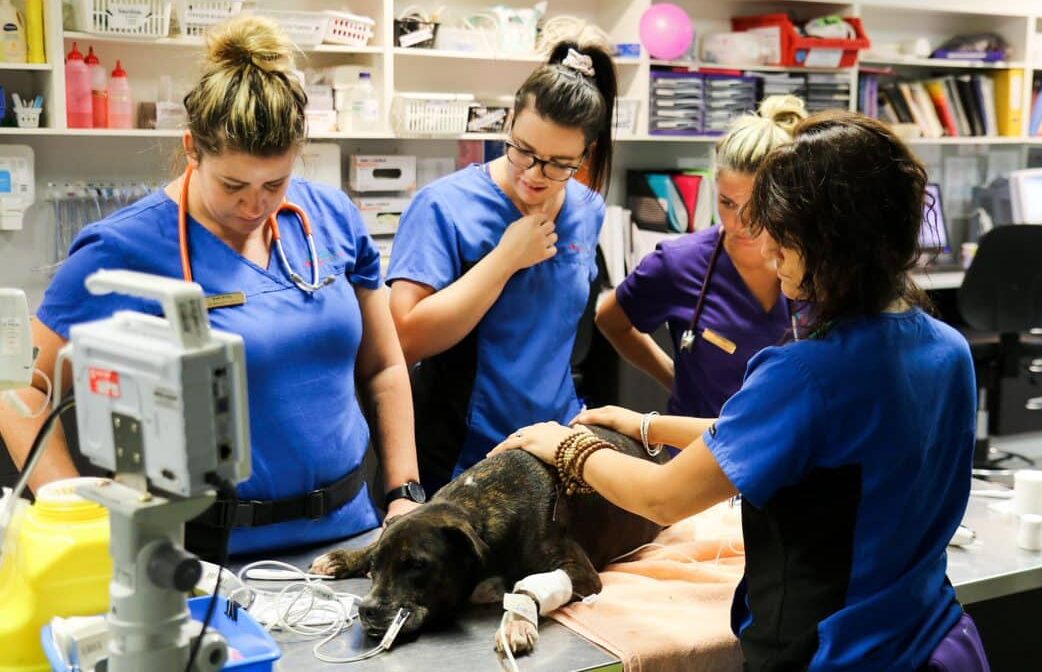
Are there good options for schooling in Australia?
In Australia, we have the public school system which is funded by the government. We have Catholic and religious schools as well as access to many other options for private schools. The education options available across Australia are comprehensive and they offer many different arrays of education.
Schools across Australia are required to offer a set curriculum (e.g., Math, English, Science), but even many of the government-funded schools are able to provide a variety of courses for students. Regardless of your children’s passion, interest, and skills, there’s always direction that can be given by these schools.
Beyond the set curriculum, the co-curricular options in Australia are phenomenal. Schools across Australia are available that will be tailored to different co-curricular activities. There are many incredible equestrian schools across the country, schools that offer STEM programs, or even aerospace, professional sporting, and aviation.
Do pet owners care about their pets in Australia?
In Australian veterinary practice, you’re likely to meet many owners who are dedicated and passionate about their animals. Many people will go above and beyond when caring for their animals, allowing veterinary professionals to offer whatever care is needed for the animals.
Veterinary healthcare standards in Australia, from both a GP and emergency perspective, are quite high. Australian pet owners are also supported by the laws and government that help them structure their coexistence with their pets. You’ll encounter many situations where people will do anything and everything for their pets, allowing us to be there for both pets and people at their lowest and most critical moments.
What’s the weather like in Australia?
The weather in Australia is fantastic – it’s an incredibly livable place. Across the country, you’ll be treated to warm spring and summer. Most regions of Australia do experience a genuine change of seasons. If you’re fond of swimming and beaches, Queensland offers the perfect weather for you, with Animal Emergency Service Carrara on the world-renowned Gold Coast or AES Tanawha on the beautiful Sunshine Coast!
If you prefer the cold and snow sports, you’ll definitely prefer the weather down in Canberra Veterinary Emergency Service or Animal Emergency Service Hobart. With hospitals across the country, we’re certain our locations have a climate to suit everyone!
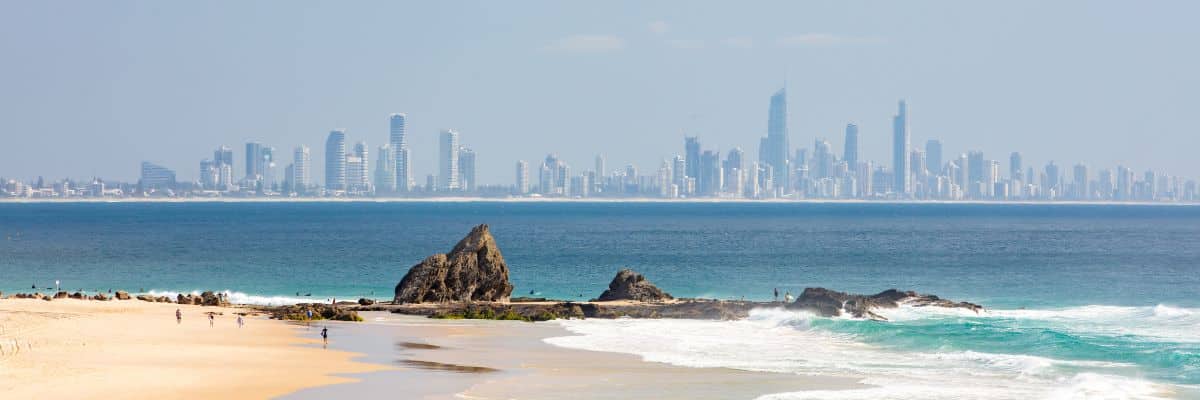
What’s the best thing about living in Australia?
Even though Australia is an incredibly large country, all of our hospitals at AEA are situated close to everything you need. Want to go to a fancy restaurant or the movies? Want to spend a day at a music festival? Prefer to go down to the coast and enjoy a refreshing swim at the beach? With minimal traffic and plenty of transport options, there’s something for any international veterinarian.
Australia is also perfect for outdoors and adventure – the ideal destination for those who love the thrill of hiking or outdoor sports at the same time as seeing our beautiful country. On your days off you’ll have the opportunity to travel, see lakes, fields, any kind of view, and any kind of adventure you’re after.
Feel like a bigger adventure? Explore our cities like Brisbane, Sydney, or Melbourne. No matter what you’re after, the cities offer culture, food, and arts experiences as well as endless opportunities. Overall, many Australians find that life here can be relaxed, but at the same time, it’s able to offer you any kind of adventure.
WEBINAR
Watch Our International Veterinary Webinar
The post International Veterinarian Q&A – Everything You Need to Know appeared first on Animal Emergency Australia.




